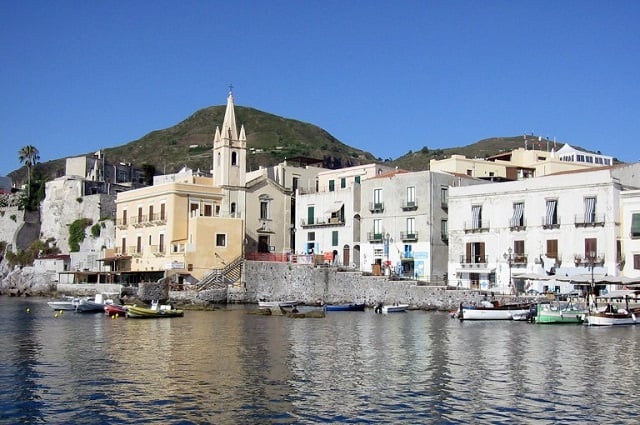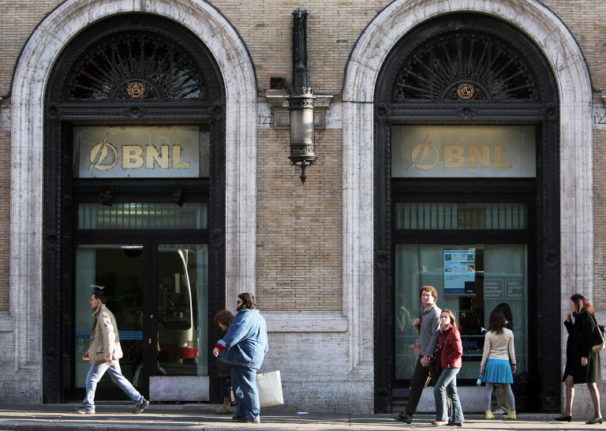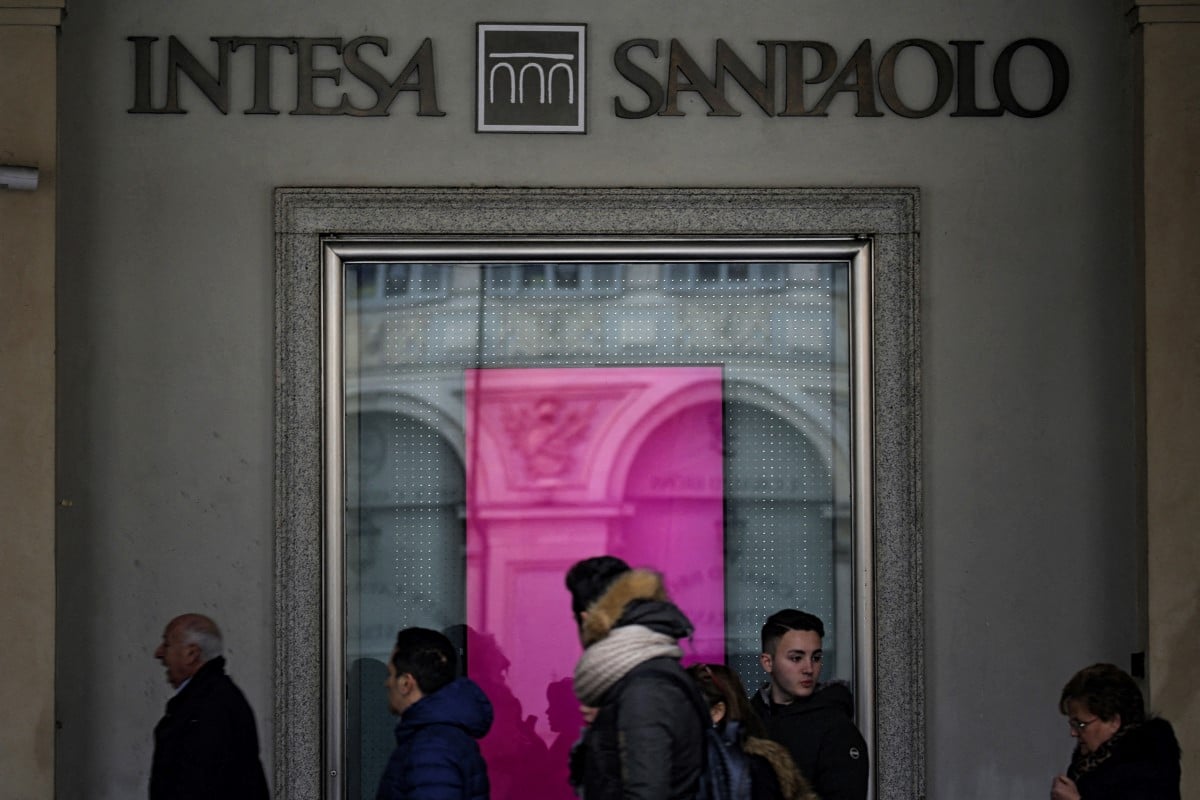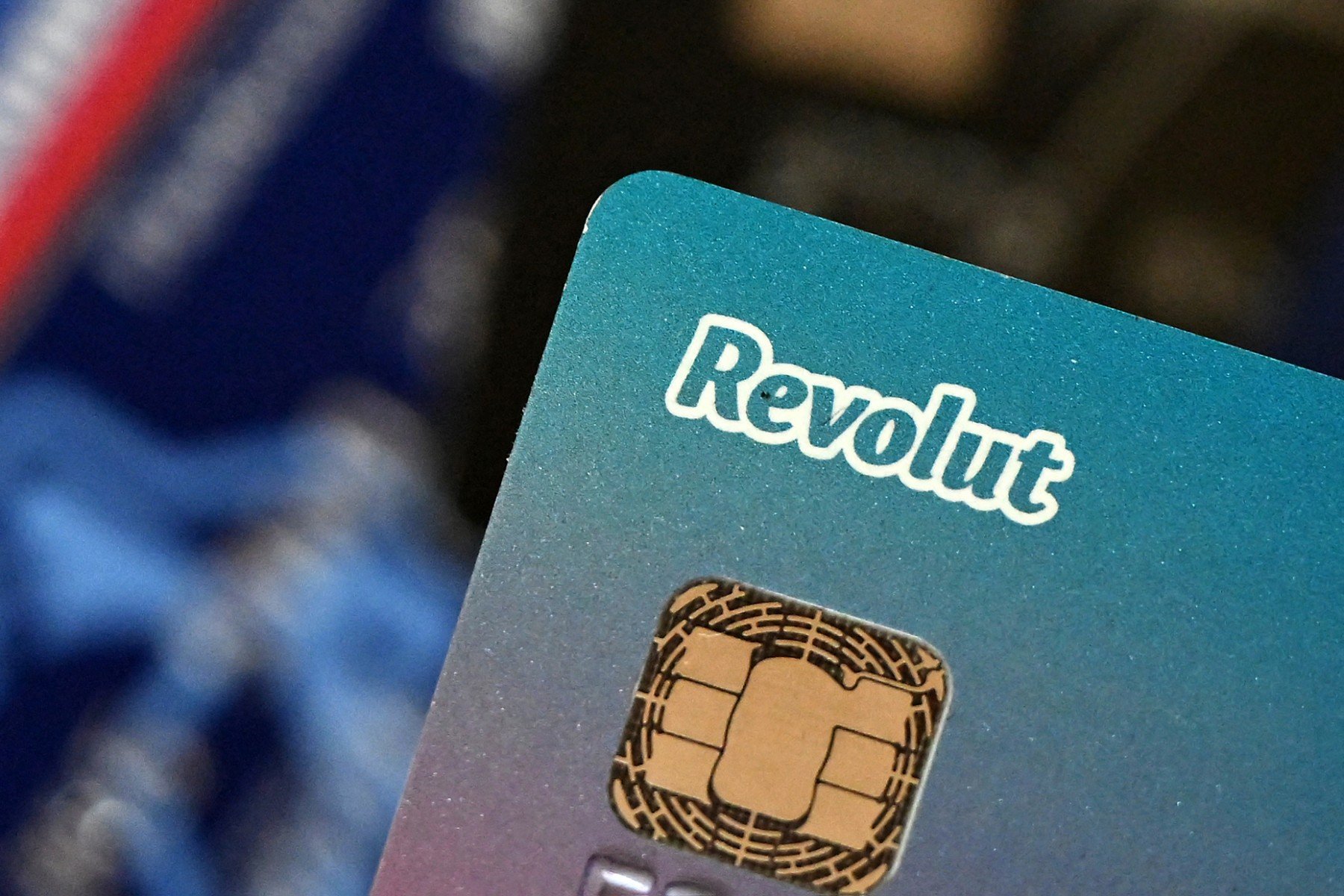Fishermen working in the Aeolian islands blame local dolphins for a 70 percent drop in turnover, and have demanded that authorities take action to stop the hungry mammals eating all the local fish.
“Every night in the sea, there is a war for survival,” Giuseppe Spinella, vice-president of local fishing consortium Co.Ge.Pa told the Repubblica Palermo.
The consortium asked for a 'state of natural disaster' to be declared, for a blockade, and for dolphins to be removed from fishing areas.
“Let me be clear, we have nothing against the dolphins,” added Spinella, who represents workers from 119 fishing boats. “But we must find a solution.”
According to the consortium, the average boat used to bring back 25 pounds of squid each day, an amount which has now fallen to under three pounds, due to the dolphins. The fishing boats in question are generally small models, measuring about five metres in length.
There are around a hundred dolphins in the area, including bottlenose and striped varieties, according to the local Filicudi Wildlife Conservation which works to observe and protect sea animals.
In May, some boats will trial an acoustic device, Pingers, provided by the conservation organization, which is intended to drive away the animals. However, it's possible that the dolphins will simply get used to the sound, Filicudi biologists have warned.
READ ALSO: What is this dolphin doing in the centre of Pisa?

Photo: Arpat





 Please whitelist us to continue reading.
Please whitelist us to continue reading.
Member comments